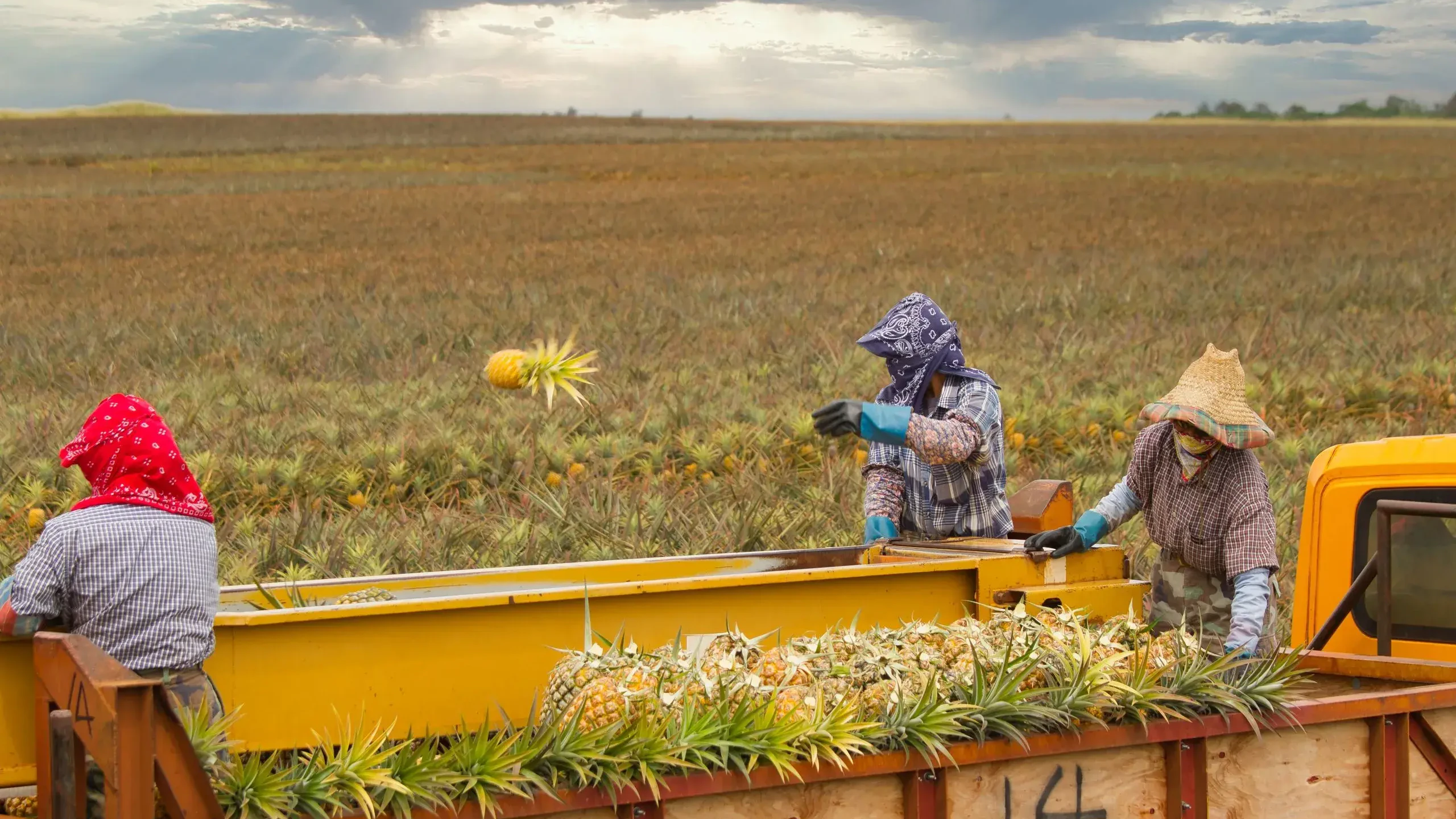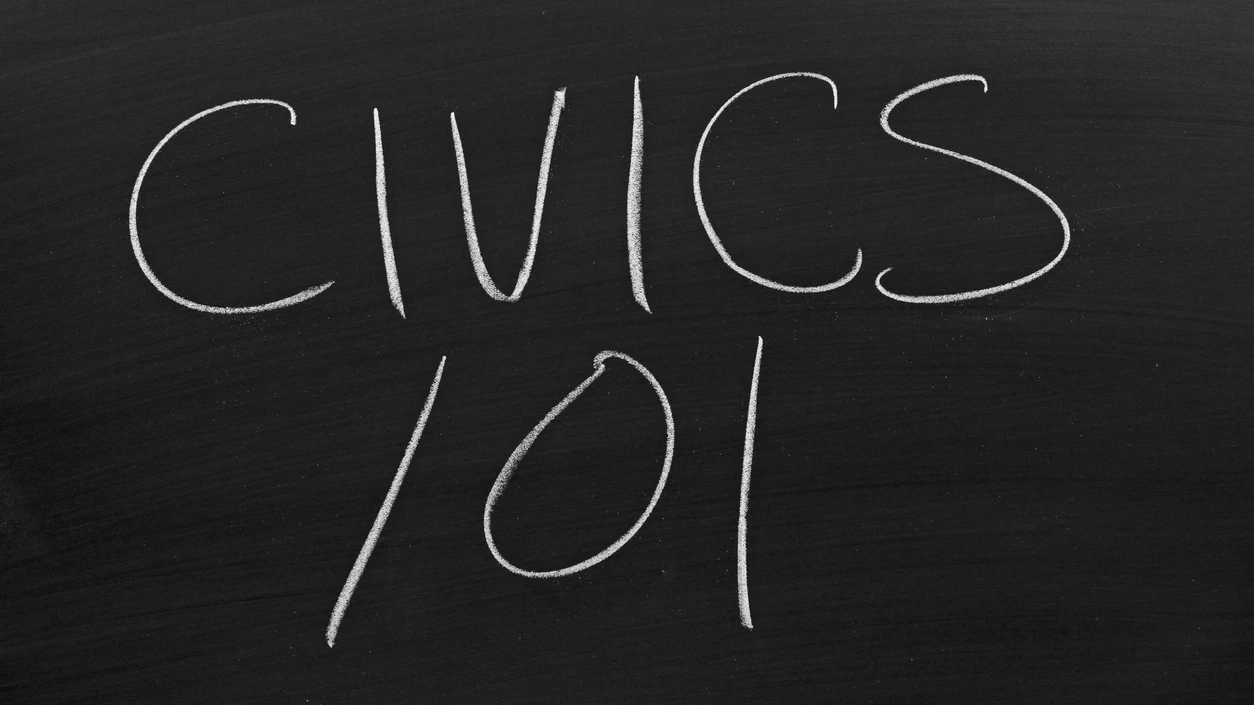It's been nearly two years since wildfires ravaged parts of Maui.
On Aug. 8, 2023, fast-moving fires on the Valley Isle killed more than 100 people, destroyed more than 2,300 homes, displaced thousands of residents and reduced much of Lahaina town to ashes.
Since then, debris has been cleared. Rebuilding has started. Healing has begun. Challenges, though, remain for many — including keiki, who are still carrying "a heavy emotional burden" in the wake of the fires, according to a report published last week by the University of Hawai‘i Economic Research Organization.
The report highlights the latest findings from the Maui Wildfire Exposure Study, or MauiWES, which launched in January 2024 and now follows 1,800 adult participants and a new group of children.
This is the first "comprehensive health snapshot of 200 children, especially in mental health and respiratory function," the report notes. Between October 2024 and January 2025, MauiWES enrolled keiki ages 10 to 17 whose families were participating in the adult study.
Here's what they found:
— Some 51% of kids ages 10 to 17 screened positive for depression, with 22% in the "severe range," and 28% showing mild to moderate levels.
— About 30% reported symptoms of anxiety.
— Nearly 45% still show signs of post-traumatic stress disorder, or PTSD, with 4.3% at a "severe" level.
— A quarter report low-self esteem and many are experiencing "functional challenges" at home.
— About 40% of keiki had elevated or high blood pressure.
— And nearly 20% of keiki have impaired breathing capacity.
As dismal as these findings are, Christopher Knightsbridge, a doctor in psychology and mental health specialist working with children and adults at the at the Certified Community Behavioral Health Clinic in Lahaina, says this is the best-case scenario.
"Because with mental health, and especially with kids, they always under-report mental illness," he told Aloha State Daily on Friday.
Children will usually "over-report" medical symptoms but when it comes to mental health, it's different — especially in Hawai‘i, where "we just don't talk about our emotional problems," says Knightsbridge, a member of the MauiWES team who was raised in the Islands.
"We're kind of a cultural melting pot, so even amongst adults, we under-report more often, but kids always under-report, so it's probably even worse than what we found."
When asked what surprised him about the findings, Knightsbridge notes some of the medical findings, like the number of keiki in the study with high blood pressure, "but probably the fact that even half were willing to admit that they had mental illness or symptoms of mental illness, was surprising."
And when asked what he's seeing as a practitioner, Knightsbridge says that in general, if the parent is not OK, the child is not OK.
"Kids did witness the fire and witness some death and destruction themselves, and barely escaped it. They do show higher, more severe symptoms of PTSD, anxiety and depression, but also the whole island was really impacted, so we get kids that screen high for depression because their parents lost their jobs." Knightsbridge says. "... Parents would be fighting a lot more. Because it's just this high-stress environment, parents would start self-medicating with alcohol. It all trickles down. All that stress trickles down to the kids.
"As parents, we're always worried about our children, but we forget that our children are constantly worried about us, too," he continued. "Yet they are more helpless, they can't really do much for us, so ... that stress of not being able to help mommy and daddy that are going through such a hard time, that can develop into clinical levels of these things we're seeing."
Knightsbridge says that early intervention is important.
"I'm not really worried about the kids that we have [who] are in therapy with us and they're getting the help," he says. "I'm more worried about the people who didn't participate in the study at all."
In light of the findings about the keiki, the report notes that recovery efforts "must extend beyond bricks-and-mortar" and include school-based mental health teams staffed by trauma-informed counselors and cultural navigators; routine pediatric screening for blood pressure and lung function, along with on-site inhaler stations and clean-air classroom efforts "to catch and reverse early cardiopulmonary damage;" and community-led peer-support programs and activities to strengthen families that can rebuild self-esteem.
As for findings from the full adult group of 1,800 participants, the report notes that about half of MauiWES participants show symptoms of depression; about 26% have experienced moderate to severe anxiety; 4.2% of participants said they had thoughts of suicide in the past month; 45% of adults were found to have stage 1 hypertension, with 21.1% meeting the threshold for stage 2.
The report also looked at insurance coverage, housing, employment and other factors, as well as how a group of 424 adults fared year-over-year.
The MauiWES team is led by report authors Ruben Juarez, a health economics professor, and Alika Maunakea, a professor at the John A. Burns School of Medicine.
"Nearly two years after the deadliest national disaster in Hawai‘i's history, the message from the data is clear: Maui is healing, but the journey is far from over," Juarez said during a virtual news conference last week.
This is the largest post-disaster health study in the state's history, he noted.
"For the first time, we are telling the full story, not just of physical exposure, but of emotional resiliency, community strength and long-term health impacts," Juarez said. "What we found is hopeful, but also sobering."
Read the full report here.
Were you impacted by the Maui fires? You can sign up for the Maui Registry here. According to the site, the registry aims to understand and address the long-term health and social impacts of the wildfires.
For the latest news of Hawai‘i, sign up here for our free Daily Edition newsletter!
Stephanie Salmons can be reached at stephanie@alohastatedaily.com.





